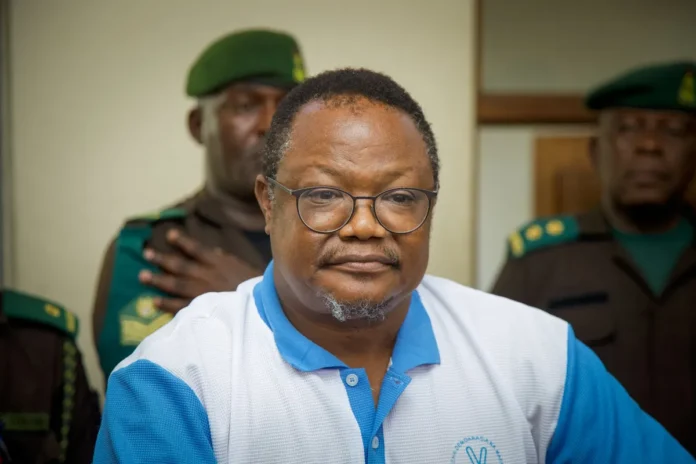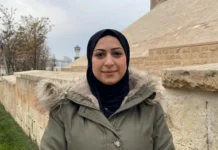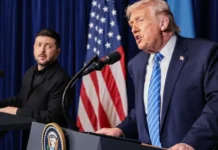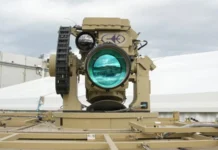Tanzanian opposition leader Tundu Lissu has accused the government of subjecting him to cruelty and torture through total isolation and constant surveillance, casting a long shadow over the country’s presidential election scheduled for tomorrow.
Tundu Lissu, the chairman of the main opposition party CHADEMA, who has been imprisoned since April on treason charges, detailed the severity of his detention conditions in a statement dated October 26.
“For several weeks now, I have been placed under total isolation, a state of forced loneliness,” Lissu wrote. “The fellow inmates who once shared my cell, all of whom had been sentenced to death, have been removed; I have been left completely alone.”

He described a complete loss of privacy, with his cell now fitted with surveillance cameras (CCTV) that record his every move, including when he relieves himself or changes clothes.
“This is not a matter of security; it is a deliberate act meant to humiliate my human dignity,” he stated.
Lissu’s allegations come at a critical juncture for Tanzania. On Wednesday, October 29, President Samia Suluhu Hassan, of the long-ruling CCM party, will face the electorate for the first time as a presidential candidate.
However, the electoral landscape has been heavily altered by a widespread crackdown on dissent. Lissu himself, widely seen as the most significant threat to CCM’s dominance, was arrested and disqualified from the race. His entire party, CHADEMA, was later barred by the electoral commission for failing to sign a mandatory code of conduct.
Lissu is not alone, though; Luhaga Mpina, the leader of another main opposition party, ACT-Wazalendo, was also disqualified.

In total, 16 other candidates are contesting the presidency, but none are considered to have the national profile or machinery to mount a serious challenge to President Samia. For the first time in recent memory, Tanzania has restricted the presence of international and regional election observer missions, raising significant concerns about the transparency and credibility of the upcoming elections.
In his message, Lissu framed his treatment as a blatant violation of both national and international law. He specifically invoked the United Nations Standard Minimum Rules for the Treatment of Prisoners, known as the Mandela Rules, citing provisions that prohibit prolonged solitary confinement as torture and demand respect for inherent human dignity.

He also pointed to Articles 12 and 13 of the Tanzanian Constitution, which guarantee human dignity and prohibit torture and degrading treatment.
“I am prepared to endure any hardship for the sake of my belief in justice and the freedom of our people,” Lissu wrote. “But the humiliation of human dignity can never be acceptable, not for me, nor for anyone who bears the name of a human being.”
Meanwhile, Tanzanians prepare to go to the polls tomorrow to elect their next president, in which Suluhu seeks a commanding victory.



















